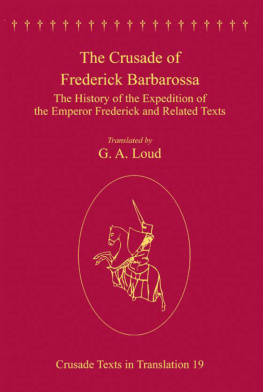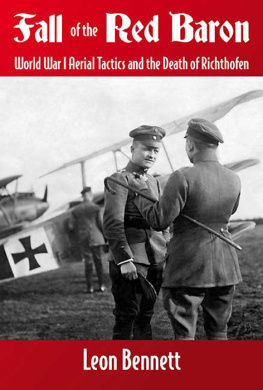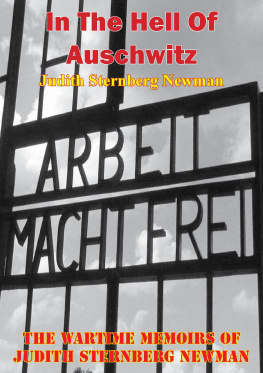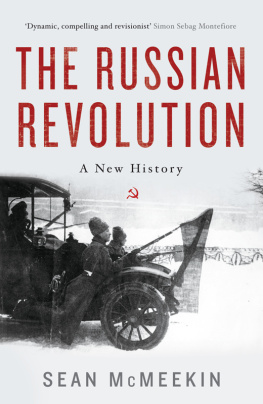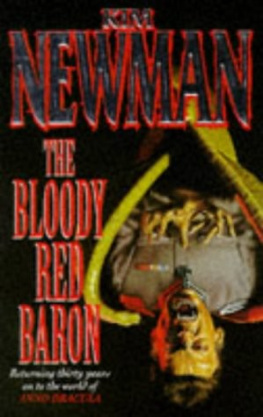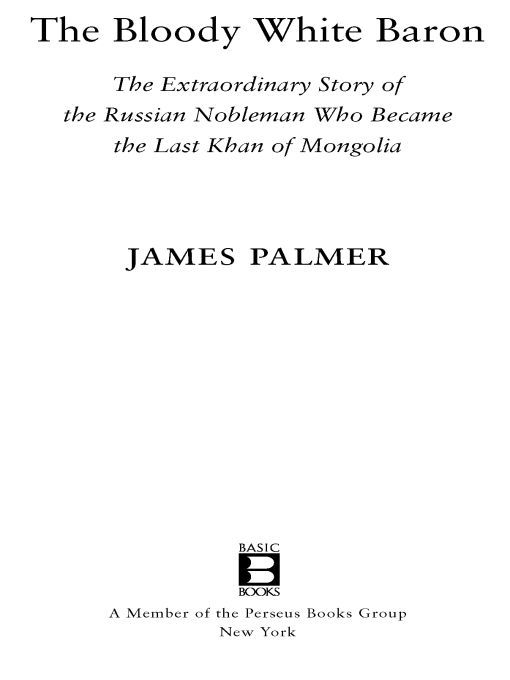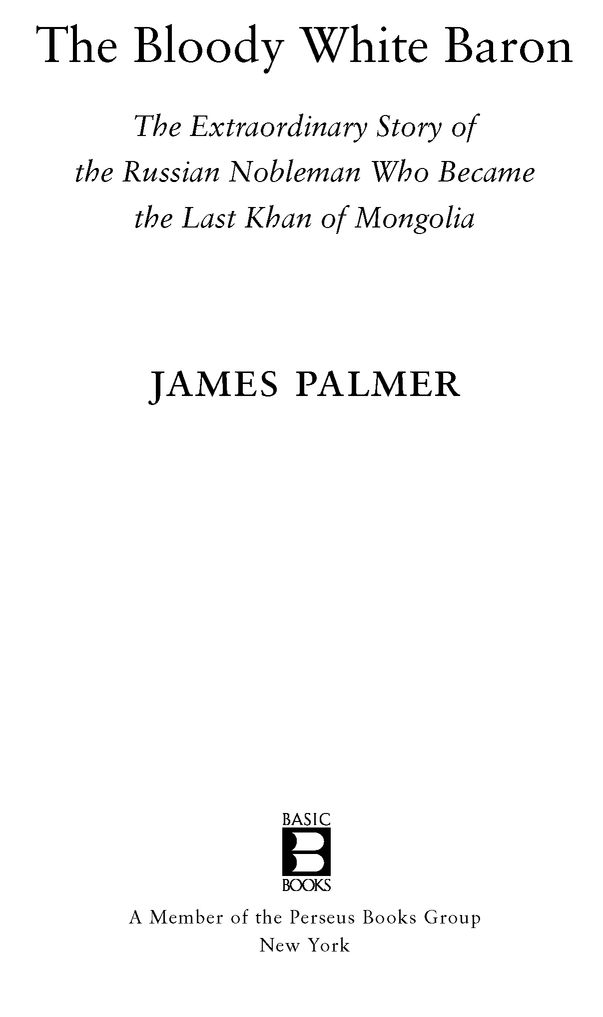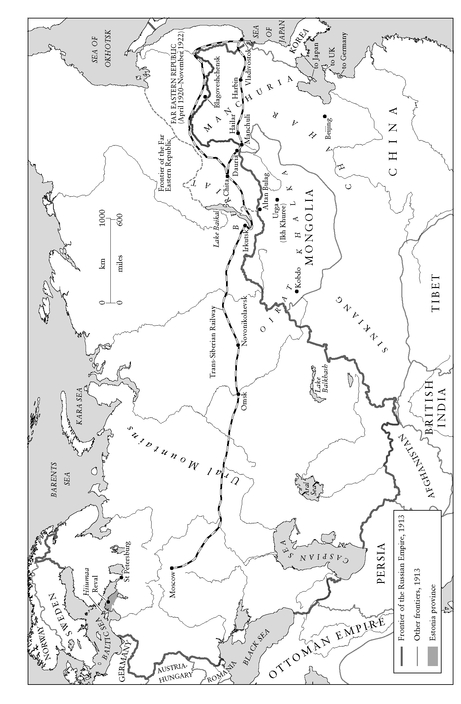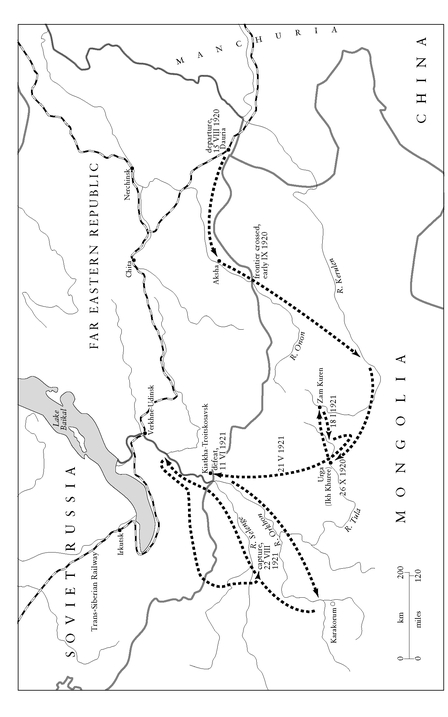Table of Contents
For my mother and father
Acknowledgements
Thanks go first of all to Colin Thubron, who both encouraged me to propose the book in the first place and said ridiculously kind and reassuring things about my writing. My father, Martin Palmer, read and criticised the book at all stages, as well as supporting me through the inevitable financial travails of roaming across Asia; my mother, Sandra Palmer, provided an English home base filled with love and encouragement in those travels. Vicki Finlay helped greatly with the proposal and provided tips on dealing with the publishing process.
Neil Belton improved this book immensely through his careful and intelligent editing, as did Henry Volans. Trevor Horwoods thoughtful and detailed copy-editing was a pleasure to endure and Andrs Bereznay tracked down even the most obscure Mongolian towns for the maps. Many thanks also go to my agents, Gillon Aitken and Jon Jackson.
Willard Sunderland suggested Russian materials, read and criticised the manuscript and caught several important errors; I owe a great debt to his scholarly generosity, and am greatly looking forward to reading his own book on Ungern. Jamie Bishers White Terror was an invaluable source for information on Semenov and the Whites in Siberia, and his enthusiasm and kindness in providing further information an inspiration. My debt to the collections of materials and documents on Ungern compiled by S. L. Kuzmin is immense.
Tjalling Halbertsma, Machiavelli of the steppe, encouraged me to come to Mongolia; Guido Verboom provided a warm welcome when I was there. Jack drove me around the country in a beaten-up taxi that really shouldnt have gone as far as it did. Urantsatsral Chimedsengee was an excellent translator, as was Anna. Shamefully, I have lost the name of my excellent half-Buriat translator and guide.
My friend Christiane Mackenzie died the year before I started working on the book, after a long and loving correspondence in which she never stopped pushing me to write; her last letter to me was titled Mongolia. Arthur Hertzberg taught me that all good books stem from obsession. Olga Bryskine tried to introduce me to Russian many years ago; it wasnt her fault that I was more interested in her than the language. Che Yiping made living in a dust-filled provincial city in Hebei a positive joy; so, in very different ways, did George Dent and Ian Sherman.
Id also like to thank James and Allison Holloway, Julia von dem Knesebeck, Evgenie Medvedev, Sergei Bojalensky, Christopher Kaplonski, Nicholas Goodrick-Clarke, Nick Middleton, Jasper Becker, Tom McGrenery, Professor Khisight, Thierry Michel, Gareth Hanrahan, Elizabeth and Scott Akehurst-Moore, my aunts Roxie, Ralou, Sheila and Yan Chi, my uncle Nigel, my aged grandsire Rudolf Fischer and his wife Dagmar, all of whom gave advice, commentary, or support, as well as many others who provided hospitality or directions in Russia, Mongolia and Estonia.
My girlfriend, Claudia He, put up with my wandering about Mongolia and Russia from the very start of our relationship three years ago, and kept a loving home in Beijing for me when I came back. She insisted, out of a Confucian sense of filial piety, that this book be dedicated to my parents alone; the next one is just for her.
Maps
The Russian Empire and her ncighbours, 1913
Ungerns movements in Mongolia
Introduction
My name is surrounded with such hate and fear that no one can judge what is the truth and what is false, what is history and what myth.
BARON UNGERN-STERNBERG, 1921
I imagine that he would like to be remembered riding through a horde of terrified revolutionary soldiers, scything them down with his sabre as bullets whizzed around him, passing through his cloak, but never so much as scraping him; the warrior-king of Mongolia, receiving reports, tribute and prisoners, like his hero Genghis Khan, in a hastily pitched campaign tent. My chief image of him, though, is less heroic; I picture him on the steps of a temple, hearing - and believing - that he has only a hundred and thirty days left to live, his mutilated face suddenly contorted by terror.
This book tells the story of Freiherr Roman Nikolai Maximilian von Ungern-Sternberg, the last khan of Mongolia, who in one short year rose from being a Russian nobleman to incarnate God of War and returned Khan. In Mongolia he was lauded as a hero, feared as a demon and, briefly, worshipped as a god.
I first stumbled upon his story in one of Peter Hopkirks brilliant accounts of central Asian espionage, Setting the East Ablaze. In late 1920 a White Russian baron and cavalry major-general, thin, intense and hideously scarred, had cut his way into Mongolia, defeated the Chinese occupiers, taken over the country, ruled it briefly and brutally, and raised a Mongolian army to lead back against Russia.
It could have been just another bloody episode in the long horror of the Russian Civil War, but what made it unusual was the sheer oddness of Ungern-Sternberg. Most of the Russian leaders, whether the Bolshevik Reds or their opponents the Whites, were a vicious bunch who were not averse to the slaughter of a few thousand citizens, the Reds in the name of the people, the Whites in the name of the tsar, but none of the others did it in the name of Buddha. According to his Russian companions, Ungern-Sternberg was a pious, if unorthodox, Buddhist, and he lived in a world of gods and prophecies that contrasted starkly with the one inhabited by most of his contemporaries. He had not seized Mongolia out of a grand strategic plan, but because, it was claimed, he believed himself to be the returned Genghis Khan, flail of the Bolshevik unbelievers and head of an empire that would stretch from China to the Urals.
It was an almost unbelievable story. One of his chief war aims was to free the Bogd Khan, the huge, blind Living Buddha who had been imprisoned by the Chinese, so that he could act as a rallying point for his crusade. Like all good conquerors, he was rumoured to have left hidden treasure behind him, plundered from monasteries and buried somewhere on the steppe. Ungern-Sternberg did not seem to belong to a century of tanks and telephones but to an earlier, cruder age. Like his Baltic forefathers, he was a lost crusader, a bloody-handed pillager driven by both an intense religious fanaticism and devotion to the joy of slaughter. His hatred was focused, though: Jews and Bolsheviks were killed by his troops on sight, presaging a later, greater evil.
His adventures were made all the stranger by their location. Mongolia can sometimes seem half-imaginary, a storybook country that has no business being real. Most countries project their own mental image, however muddle-headed or stereotypical: skyscrapers and hamburgers, berets and the Eiffel Tower, the willow pattern and the Great Wall, bowler hats and big red buses. Mongolias popular images are emptiness and exile; Outer Mongolia is a metaphor for as far from anywhere as you can be. When the current president of Mongolia, Enkhbayar, came to England to study as a young man, he was detained by a sceptical immigration official who refused to believe that Mongolia was a real country - Youre having me on, son - until Enkhbayar produced an atlas to prove his homelands reality.




